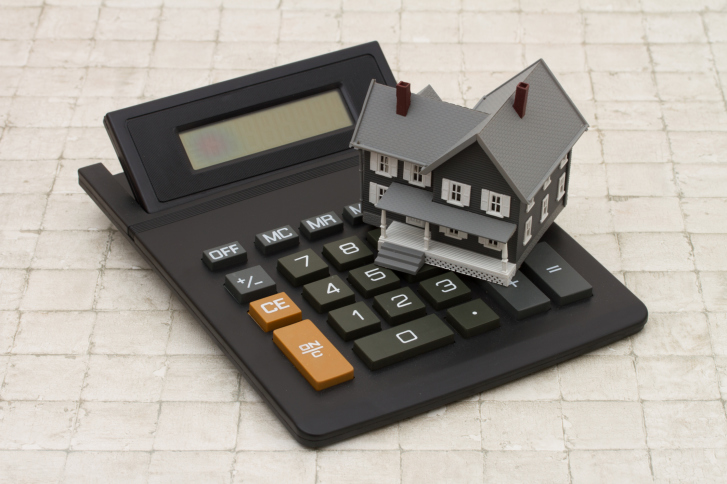Buying a New Home? Learn How the ‘Conforming Loan Limit’ Might Affect Your Purchase
 From mortgage to equity to debt-to-income ratio, there are many terms associated with home ownership that can be quite confusing if you’ve never been on the market for a home before. ‘Conforming loan limit’ may be a less familiar real estate term than the rest, but here are some things you’ll need to know about it and what it could mean for your biggest investment.
From mortgage to equity to debt-to-income ratio, there are many terms associated with home ownership that can be quite confusing if you’ve never been on the market for a home before. ‘Conforming loan limit’ may be a less familiar real estate term than the rest, but here are some things you’ll need to know about it and what it could mean for your biggest investment.
What Is The ‘Conforming Loan Limit’?
The Federal National Mortgage Association (Fannie Mae) and the Federal Home Loan Mortgage Corporation (Freddie Mac) are legally required to provide loans for balances below a specific amount, and this amount is what is known as the ‘conforming loan limit’. While the loan amount is determined by credit history and income amount, these conforming loans that are less than the specific amount are considered lower risk. If a loan amount is above the conforming loan limit, it is known as a jumbo loan and usually comes with higher rates.
How The ‘Conforming Loan Limit’ Is Determined
The Federal Home Financing Agency determines any adjustments made to conforming loan limits and the decided-upon amount is based on the home prices from October to October for the previous year. This amount is released annually in November and is enforced the following January. While this limit was continued at $417,000 through 2016, the amount for regions like Alaska, Guam, Hawaii and the United States Virgin Islands is significantly higher than the standard amount due to the cost of housing.
Going Above The ‘Limit’ And Combination Loans
While jumbo loans carry more risk, there are ways to avoid going above the conforming loan limit. There is the option of acquiring a conforming loan for $417,000, the amount established for 2016, and then utilizing a second mortgage for the remaining amount that will ensure you do not have to take out a jumbo loan; however, the rates for a second loan will likely be higher. In the event that you would like to avoid jumbo loans or a combination loan, you may want to consider putting more money down on your initial down payment.
The conforming loan limit changes each year, but it may have a significant impact on your home purchase if it falls below a certain amount. If you are curious about real estate terms because you’re considering a home purchase in the near future, you may want to contact one of our local real estate professionals for more information.

 When delving into the realities of home ownership, there can be many factors involved that make it difficult to determine what you need to know and what can wait until later. If you happen to be a first-time buyer who’s looking for the best tips for purchasing a home, look no further than the following three pointers to set you on the right path.
When delving into the realities of home ownership, there can be many factors involved that make it difficult to determine what you need to know and what can wait until later. If you happen to be a first-time buyer who’s looking for the best tips for purchasing a home, look no further than the following three pointers to set you on the right path. Whether or not you’re new to real estate, there’s little doubt that you’ve heard the term down payment as it relates to purchasing a home. There’s a lot of different information out there in regards to how much this figure should be and it can be hard to determine exactly what the importance of this payment is. If you’re trying to determine the ideal amount to put down, here are some things to consider.
Whether or not you’re new to real estate, there’s little doubt that you’ve heard the term down payment as it relates to purchasing a home. There’s a lot of different information out there in regards to how much this figure should be and it can be hard to determine exactly what the importance of this payment is. If you’re trying to determine the ideal amount to put down, here are some things to consider.